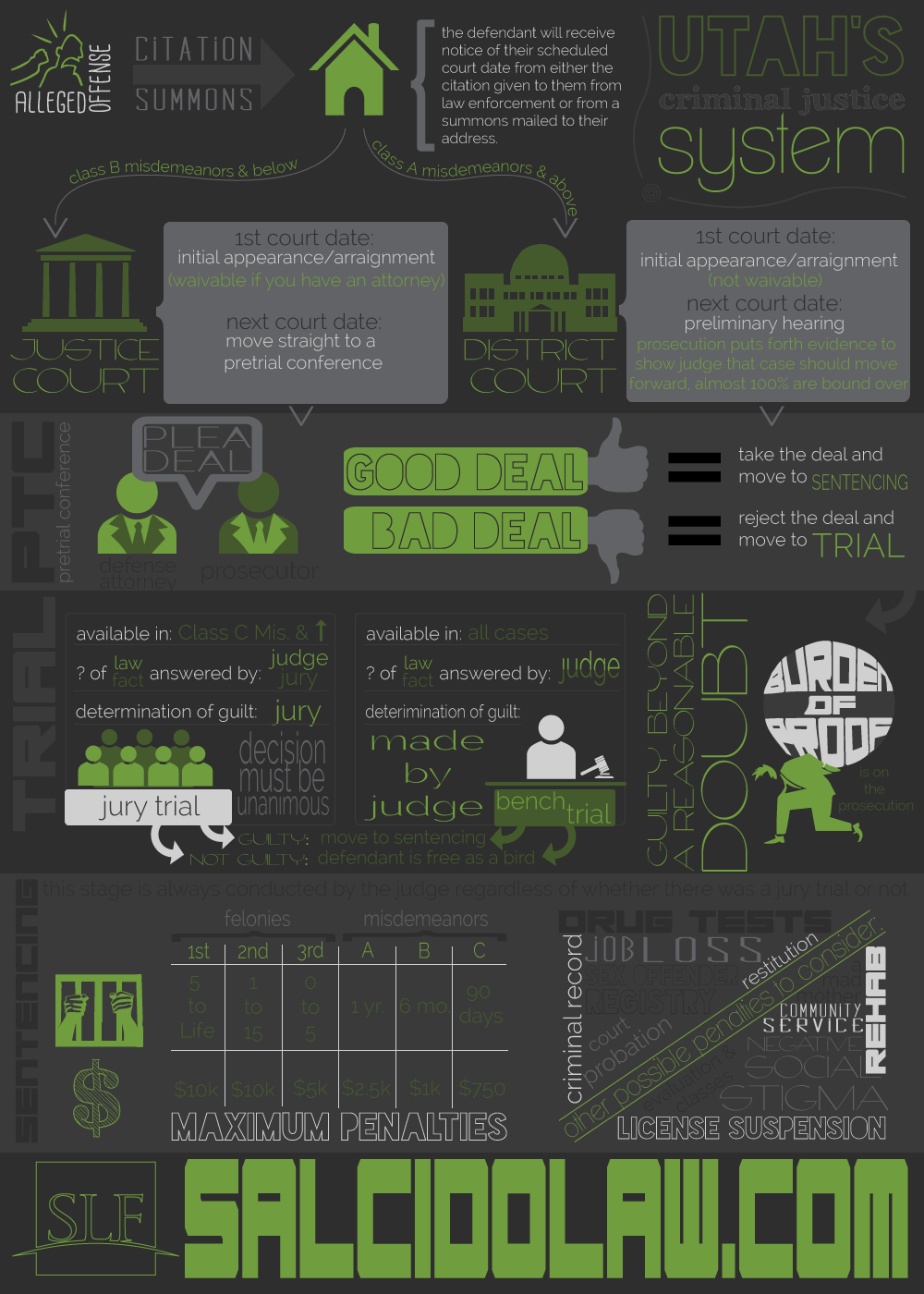Usual Myths About Criminal Protection: Debunking Misconceptions
Usual Myths About Criminal Protection: Debunking Misconceptions
Blog Article
Writer-McGuire Porterfield
You've possibly heard the myth that if you're charged with a criminal activity, you should be guilty, or that staying silent ways you're concealing something. These widespread ideas not just distort public assumption but can also affect the results of lawful procedures. It's critical to peel back the layers of misunderstanding to understand the true nature of criminal protection and the rights it secures. What if you recognized that these misconceptions could be taking down the very structures of justice? Sign up with the discussion and explore just how exposing these misconceptions is essential for making sure justness in our legal system.
Myth: All Accuseds Are Guilty
Commonly, individuals wrongly believe that if somebody is charged with a criminal activity, they should be guilty. You could think that the legal system is infallible, yet that's much from the reality. Fees can stem from misunderstandings, mistaken identities, or not enough evidence. It's crucial to keep in mind that in the eyes of the legislation, you're innocent till tried and tested guilty.
This anticipation of innocence is the bedrock of the criminal justice system. It makes certain that the burden of proof lies with the prosecution, not you. They should establish past a reasonable question that you dedicated the crime. This high standard secures individuals from wrongful convictions, guaranteeing that nobody is penalized based on assumptions or weak proof.
Moreover, being charged doesn't suggest completion of the roadway for you. You deserve to defend yourself in court. This is where a knowledgeable defense lawyer comes into play. They can challenge the prosecution's case, existing counter-evidence, and supporter on your behalf.
The complexity of lawful process frequently requires experienced navigation to protect your rights and attain a fair result.
Misconception: Silence Equals Admission
Lots of think that if you choose to continue to be silent when implicated of a criminal activity, you're essentially admitting guilt. Nevertheless, this could not be additionally from the fact. Your right to stay silent is secured under the Fifth Change to stay clear of self-incrimination. It's a lawful guard, not a sign of sense of guilt.
When you're silent, you're really working out an essential right. This stops you from stating something that might inadvertently hurt your protection. Remember, in the warm of the moment, it's very easy to get baffled or speak erroneously. Police can analyze your words in ways you didn't plan.
By staying quiet, you provide your legal representative the very best possibility to defend you efficiently, without the problem of misunderstood statements.
Additionally, it's the prosecution's job to verify you're guilty beyond a practical uncertainty. Your silence can not be used as proof of shame. In fact, jurors are instructed not to translate silence as an admission of shame.
Myth: Public Protectors Are Ineffective
The false impression that public defenders are inefficient persists, yet it's critical to recognize their critical duty in the justice system. Several think that because public protectors are typically strained with cases, they can't give high quality defense. Nevertheless, this neglects the deepness of their commitment and proficiency.
Public protectors are completely licensed attorneys that've selected to focus on criminal regulation. They're as certified as exclusive lawyers and frequently extra experienced in test work as a result of the volume of cases they handle. linked web page might believe they're much less inspired since they don't choose their customers, yet in reality, they're deeply committed to the suitables of justice and equal rights.
It is very important to remember that all attorneys, whether public or exclusive, face difficulties and restrictions. Public protectors typically collaborate with fewer sources and under even more stress. Yet, they continually show durability and creative thinking in their defense strategies.
Their duty isn't just a job; it's a mission to make sure that every person, regardless of income, receives a fair test.
Conclusion
You could assume if someone's billed, they need to be guilty, yet that's not exactly how our system works. Choosing to stay silent does not indicate you're confessing anything; it's just clever protection. And don't ignore public protectors; they're devoted specialists devoted to justice. Remember, everyone deserves a fair trial and competent representation-- these are essential civil liberties. Allow's lose these misconceptions and see the legal system of what it genuinely is: an area where justice is looked for, not just punishment dispensed.
